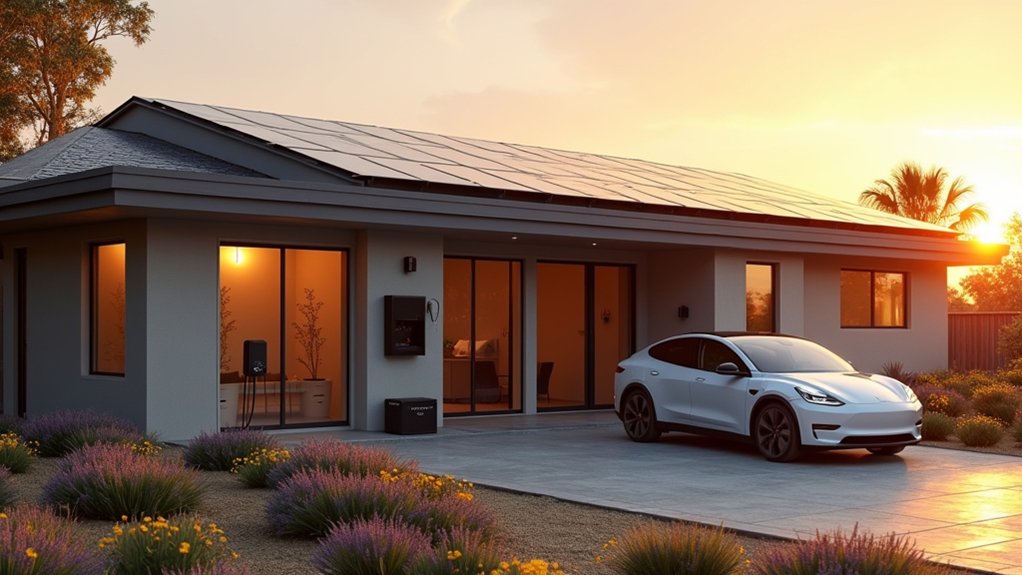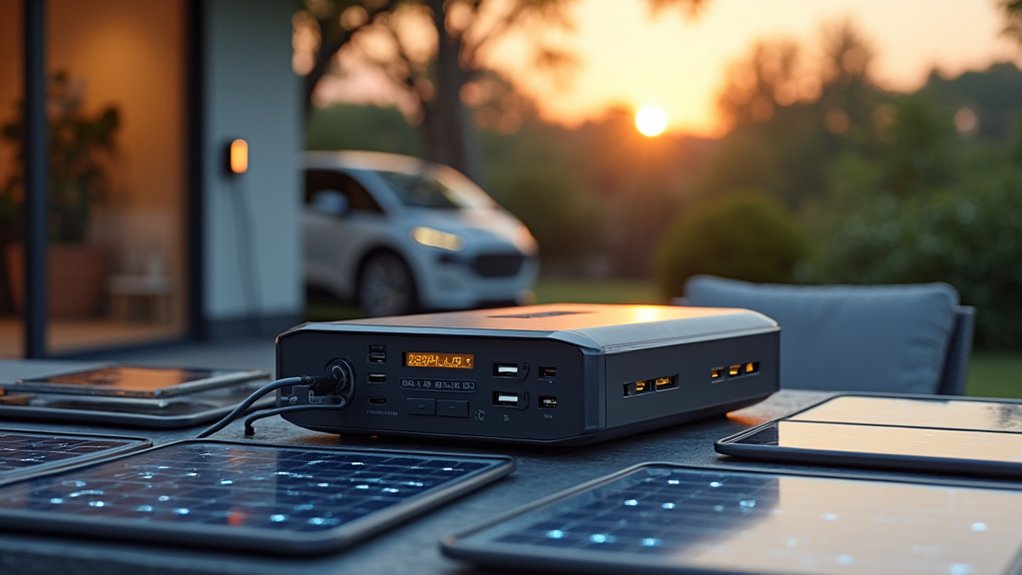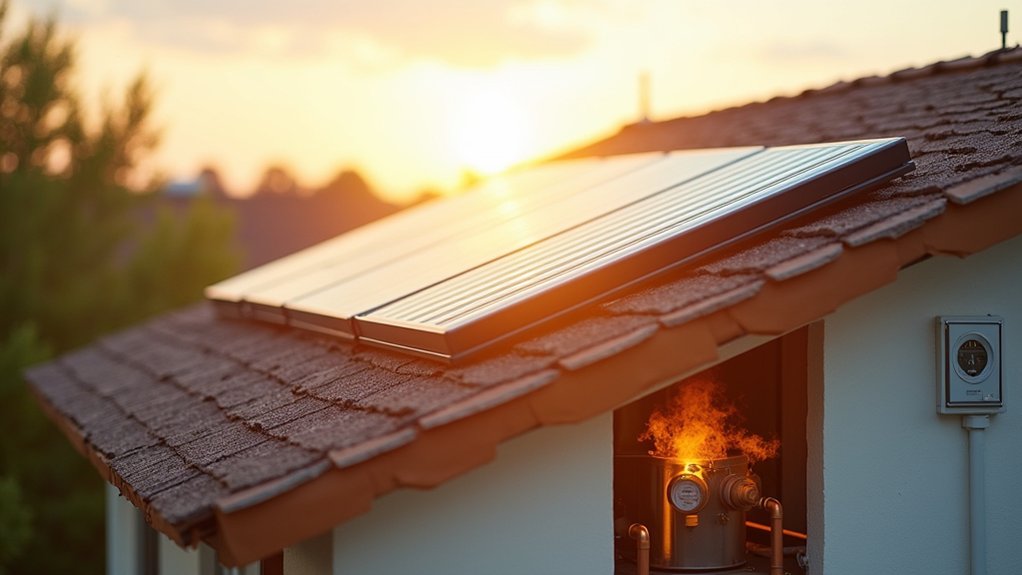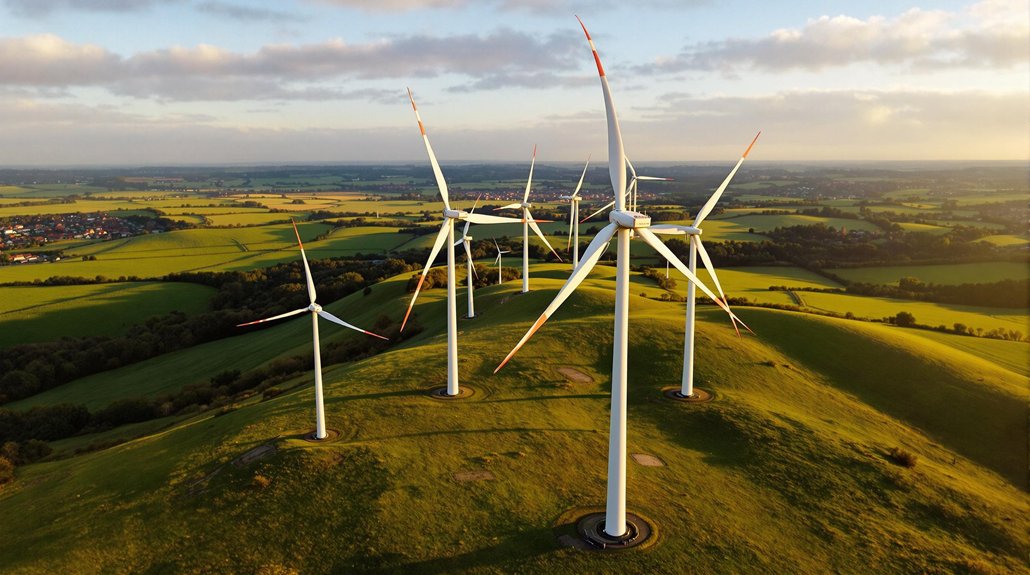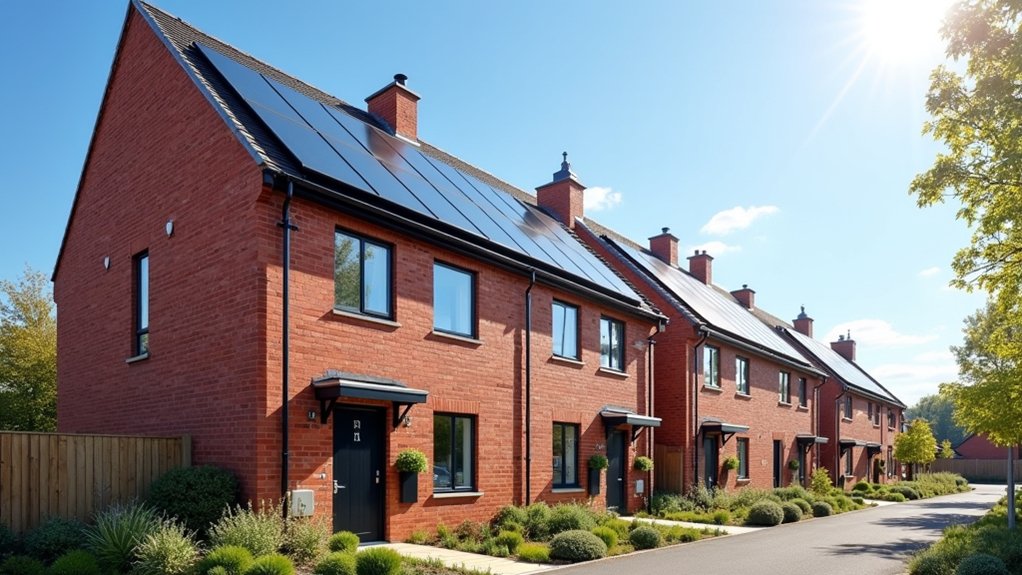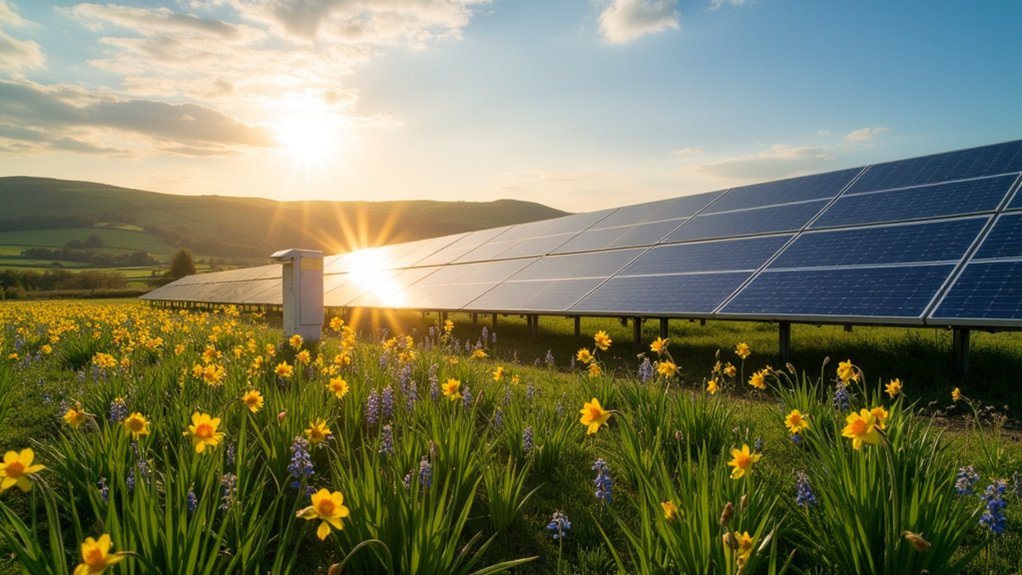While many energy companies have only recently begun adapting to renewable changes, Octopus Energy has established itself as a formidable global leader in solar innovation and deployment. The company currently manages over 7 gigawatts of renewable generation and storage assets worldwide, an impressive fleet that continues to expand rapidly across multiple continents.
Their expansion into South Korea exemplifies this growth strategy, with 20 new solar farms planned to generate 150 megawatts of clean electricity. These installations will power approximately 60,000 homes while reducing carbon emissions by 110,000 tonnes annually. The timing couldn’t be better, as South Korea pushes toward achieving 21% renewable electricity by 2030.
Germany represents another frontier where Octopus Energy is making substantial headway. With 2 gigawatts of solar and storage projects in development—enough to power 500,000 homes—the company is strategically positioning itself in coal-heavy regions like Saxony, accelerating the shift to cleaner alternatives. The acquisition of MN projects GmbH boosts Octopus’s renewable energy development capabilities significantly in the German market.
Strategically targeting coal-dependent regions, Octopus Energy’s German projects are catalyzing the energy transition where it matters most.
I’ve observed few competitors matching this scale of battery storage integration, which enables an additional 150,000 homes to access reliable green power.
For homeowners, the value proposition is compelling. Solar panel upgrades can slash electricity bills by up to 90%, representing significant household savings. Octopus Energy has engineered consumer-focused innovations that make the shift to rooftop solar remarkably straightforward, even for those with limited technical knowledge. The first of these South Korean solar farms is expected to be operational by mid-2025, marking a significant milestone in the company’s Asian market entry.
The company’s investment approach shows remarkable consistency, with nine major investments in Germany alone over just three years. Their expansion into Asia further cements their position as a top-tier renewable energy provider with global ambitions.
